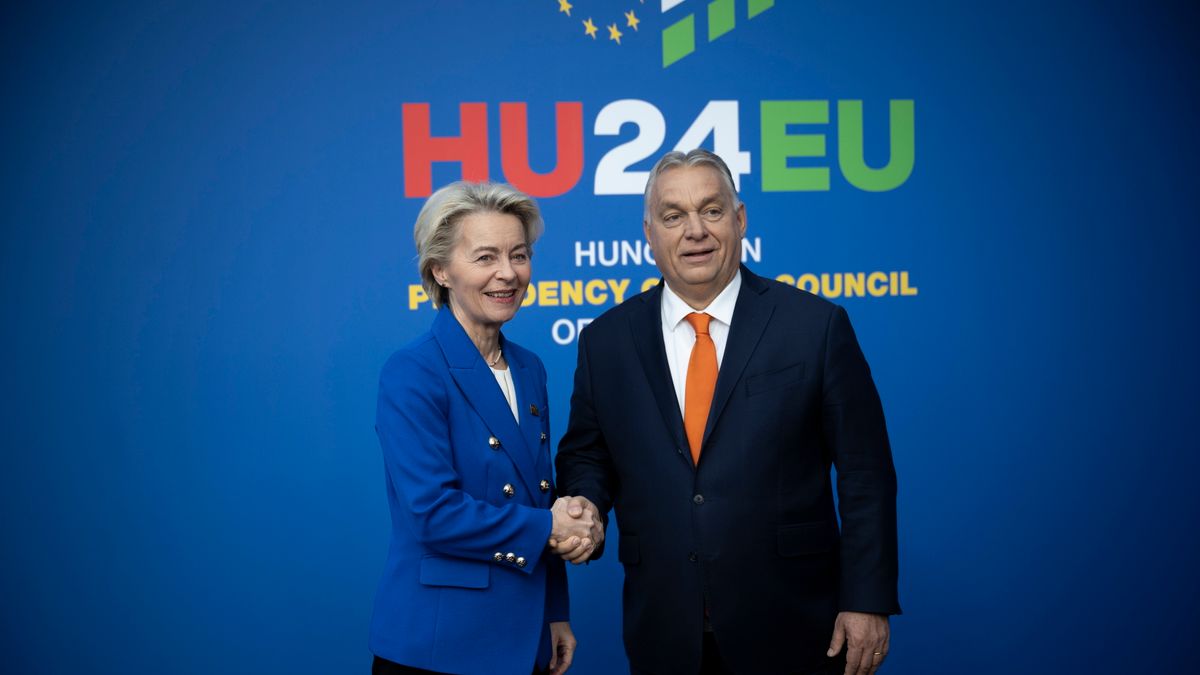The European Political Community Summit brought over fifty European leaders to Budapest, including some who have not exactly been cordial towards the Hungarian government, like Ukrainian President Volodymyr Zelensky and European Commission President Ursula von der Leyen. Could this mean that tensions are easing? We asked Reka Zsuzsanna Mathe, a senior research fellow at the National University of Public Service’s European Strategy Research Institute and MCC's senior researcher. – The Budapest summit concluded without major announcements, but there were no reports of heated debates either.
How would you assess the meetings? Were the goals achieved? – The aim of the European Political Community (EPC) is to provide a forum for heads of state and government across Europe to engage in more open, informal discussions on the security challenges facing Europe and their potential solutions. The agenda was divided into two main areas—migration and economic policy. Many leaders attended, with only those from crisis-stricken countries (like Germany and Spain) choosing to stay absent, so this in itself can be viewed as a success.
Since the talks were held behind closed doors, we don't know for sure if there were any heated debates. However, based on statements at the press briefing, the leaders reached agreement on several issues that would have been harder to imagine in the past, such as the need In the past, these issues were less accepted, and there were rarely any open debate .


















